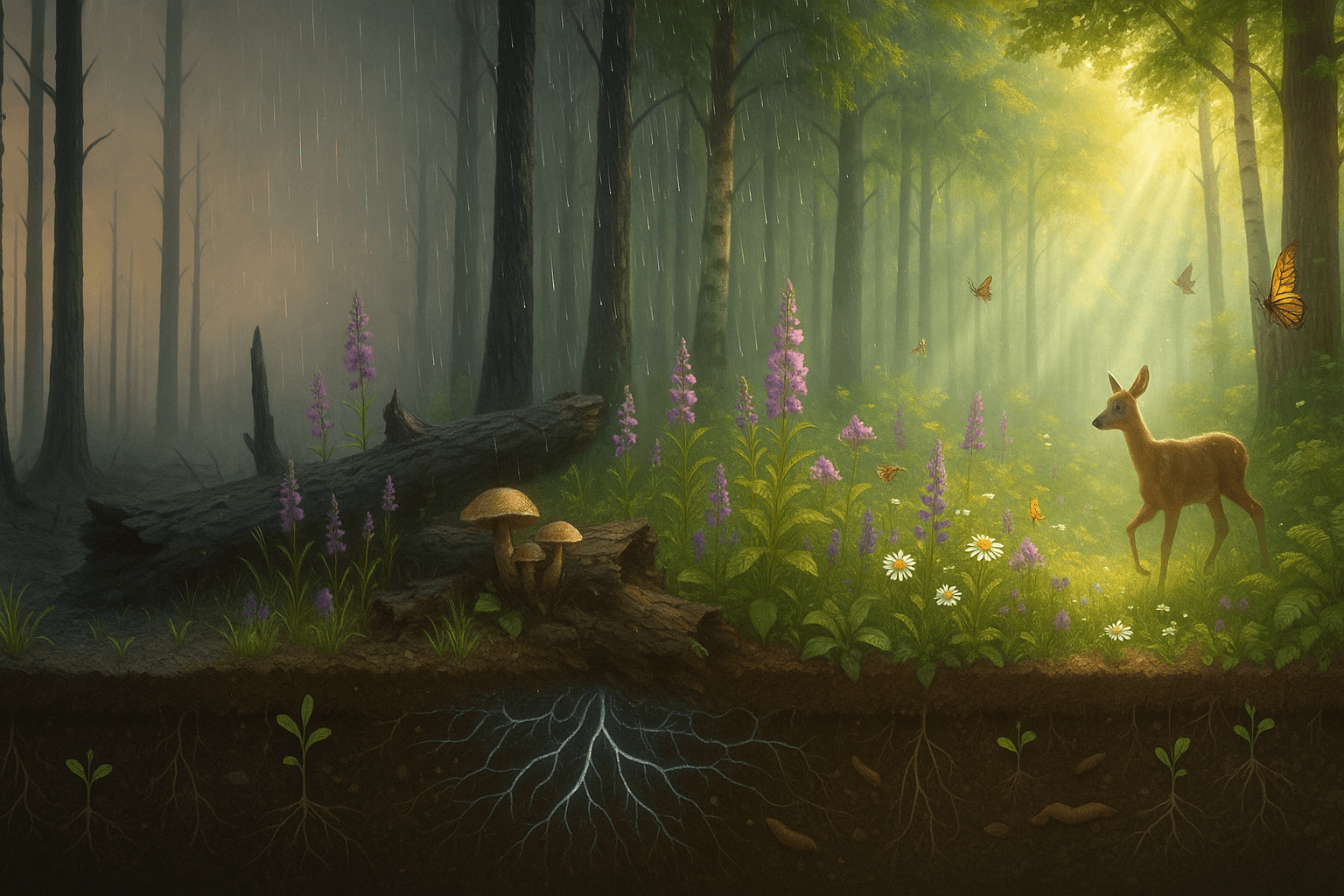W. H. Auden
Wystan Hugh Auden (1907–1973) was an Anglo-American poet whose work shaped 20th-century English-language poetry; he won the 1948 Pulitzer Prize for Poetry for The Age of Anxiety and wrote influential poems such as September 1, 1939. The quoted line reflects his humanist concern with moral responsibility and communal contribution.
Quotes by W. H. Auden
Quotes: 11

Making Imagination Real Through Daily Practice
That process inevitably includes missteps, and Auden’s framing quietly normalizes them. Practice “brings it into being,” which implies a gradual emergence rather than a clean arrival. Early attempts may look nothing like the original vision, but that gap is not evidence of fraud—it’s evidence of construction. In fact, revision is often where imagination and reality finally meet. A rough draft that disappoints can still be valuable because it gives you something to reshape. By iterating, you discover what your imagination was actually reaching for, and the work becomes a conversation between intention and constraint. [...]
Created on: 1/3/2026

Work That Makes the Body Remember Living
Auden offers a diagnostic: notice what you return to when no one is watching, and what you practice even when perfection remains distant. Often the “right” work reveals itself through a stubborn desire to improve, a willingness to be humbled, and a peculiar satisfaction after honest effort. It may also show up as a kind of grief when you are kept from it too long. In that sense, the quote advises experimentation with commitment. Try work long enough for your hands to learn it, and then observe whether learning feels like self-erasure or self-recovery. [...]
Created on: 12/14/2025

Turning Heavy Obstacles Into Upward Stepping Stones
W. H. Auden’s line invites a quiet but radical shift in perspective: the very weight that threatens to crush us can become the base that lifts us higher. Rather than imagining obstacles as walls that halt our progress, Auden reframes them as solid platforms beneath our feet. This image suggests that what feels oppressive today may, with time and effort, become the very thing that stabilizes and strengthens us tomorrow. [...]
Created on: 12/10/2025

Auden’s Measure of a Life Well Lived
Finally, Auden’s vision is strikingly democratic. He does not reserve meaning for geniuses or heroes; instead, he proposes tasks available to almost everyone, regardless of status: be of use where you are, speak bravely within your sphere, and keep your eyes open to beauty. This echoes the quiet ethics found in George Eliot’s *Middlemarch* (1871–72), where “unhistoric acts” shape countless lives. In affirming that such a pattern of living is enough, Auden eases the pressure to be exceptional while still calling for seriousness of purpose. Meaning, in his account, emerges less from extraordinary events than from ordinary fidelity to these three enduring commitments. [...]
Created on: 11/29/2025

Turning Toward the Future You Imagined
Ultimately, the quote is less a reassurance than a quiet challenge. It asks whether we will keep rereading familiar chapters—jobs, habits, identities—that no longer fit, or risk the uncertainty of what follows. Turning the page does not guarantee a perfect outcome; rather, it honors the lifelong painting we have already done within. By acting in line with our deepest designs, we give that inner artwork a chance to become visible, scene by scene, in the story we are still writing. [...]
Created on: 11/24/2025

When Art Questions, Audiences Become Actors
Building on such precedents, theater practitioners designed forms that resist passivity. Bertolt Brecht’s epic theater introduced the “alienation effect” to interrupt immersion, forcing audiences to question, not merely empathize. Augusto Boal’s Theatre of the Oppressed (1974) went further: spectators became “spect-actors,” stepping onto the stage to test tactics for real-world change. Theorists echoed the shift; Jacques Rancière’s The Emancipated Spectator (2008) argues that viewers already possess the capacity to interpret and act. Consequently, the stage becomes a civic rehearsal room, where questions are collectively explored until an audience feels prepared to carry them into the street. [...]
Created on: 8/10/2025

Helping Others and Auden’s Wry Altruism Paradox
From this irony, we can turn to ethical frameworks that try to stabilize the circle. Kant’s Groundwork of the Metaphysics of Morals (1785) grounds helping in duty: treat persons as ends in themselves, not mere means. Utilitarians like J. S. Mill (1861) answer differently, urging us to maximize wellbeing wherever we can. Meanwhile, Emmanuel Levinas recasts the question by placing the face of the Other at the center of moral responsibility (Totality and Infinity, 1961). In each case, Auden’s jest becomes a doorway: the joke asks who we are to serve, while these theories specify why and how, steering us from clever paradox toward actionable norms. [...]
Created on: 8/10/2025